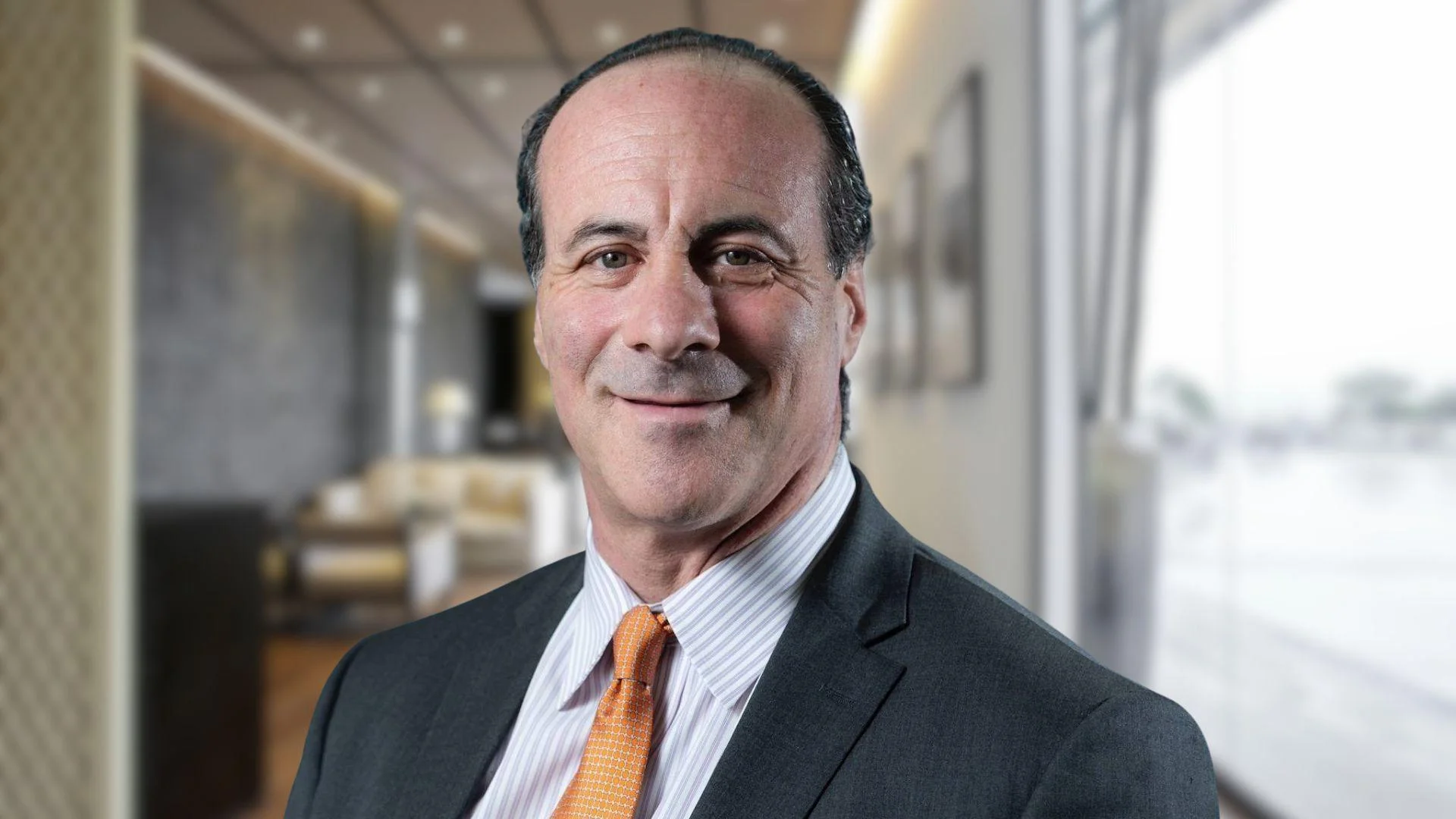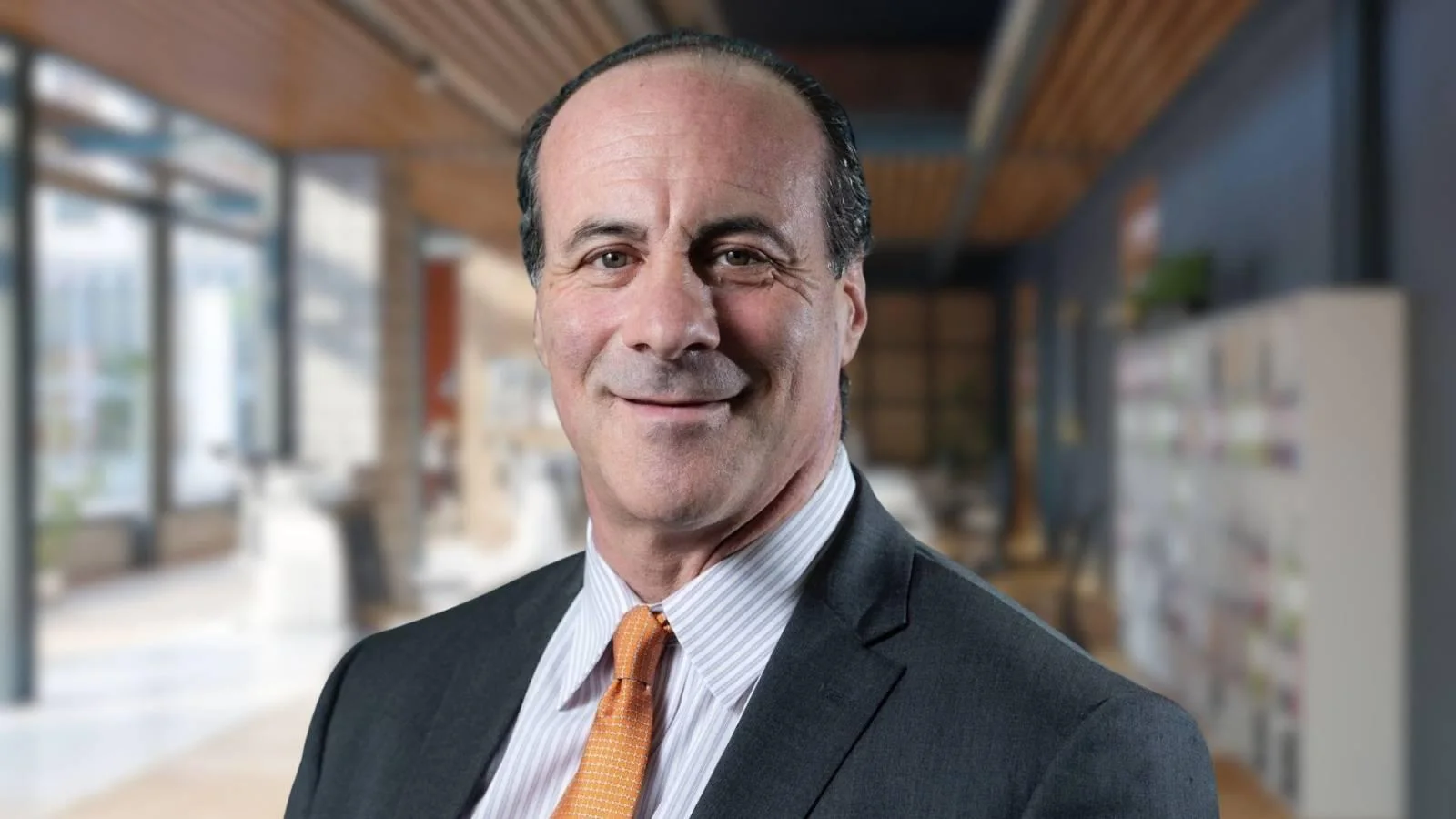Seth Hertlein, the Global Head of Policy at Ledger, a Paris-based digital asset wallet provider, has countered the widespread public belief that cryptocurrency is a common tool for criminals. According to Hertlein, illicit activity is more prevalent in the traditional financial system. His comments were featured in the Cap Hill Crypto newsletter's January 5 edition.
Polymarket Blocks French Traders Amid Gambling Inquiry

Gary Gensler announces his resignation for the inauguration of Donald Trump

FTX co-founder Gary Wang sentenced to time served

UK poised to unveil crypto regulations amid pressure to retain industry

Bitcoin in search of 100,000 $: A $400 million standoff

Trump's US-Propelled Crypto Adoption – Will France Follow?

MicroStrategy Upsizes Debt Offering to $2.6B; Breaks Into Top 100 U.S. Public Companies by Market Cap

Bitcoin on November 20 – BTC dominates the crypto market in this bull run

BIS study questions decentralization in DeFi liquidity provision

Bitcoin surges to record high near $95,000

Polish Presidential Candidate Bullish on Bitcoin – Following in Donald Trump’s Footsteps?

Cryptocurrencies: Goldman Sachs will dedicate its blockchain to institutional trading

Michael Saylor's MicroStrategy Added Additional 51,780 Bitcoin for $4.6B

Speculation looms over SEC leadership under Trump as rhetoric escalates

Outlier Ventures CCO: 'Fundamental crypto general-purpose technology' in off-chain sectors is 'interesting'

Bank of Russia revokes license of Corporate Finance Bank LLC

MANTRA CEO: 'We're obviously meant to be relatively agnostic' as a 'layer one blockchain'

Bitcoin blips down as Fed’s Powell says no ‘hurry to lower rates’

Chainalysis CRO: 'I think TradFi is coming to the blockchain'

KYC, filtering, and sanctions: the European Banking Authority wants to toughen crypto regulation

Trump Names Former SEC Chair Jay Clayton to DOJ Office, the Same Office That Prosecuted SBF

Gary Gensler's days at the SEC are numbered – His letter suggests his resignationGary Gensler's days at the SEC are numbered – His letter suggests his resignation

Visa launches tokenized asset platform to bridge fiat and blockchain

DFF CEO: 'There needs to be more collaboration, more unity between nations'

Bitcoin: BTC surpasses $92,000, on the way to $100,000?

BlackRock Expands Tokenized Fund BUIDL Beyond Ethereum to 5 New Blockchains

Donald Trump Places Elon Musk in Government Position – What Impact on Dogecoin (DOGE)?

Dogecoin Flips XRP as Elon Musk-Linked Trade Keeps on Giving

Elon Musk revives the idea of dismantling the Federal Reserve (Fed): A call to Bitcoin supporters?

Bitcoin offers almost a new ATH per day – 100,000$ by January?


"Criminal activity involving crypto is orders of magnitude smaller, both on an aggregate and a percentage basis, than the amount of criminal proceeds moved through the traditional financial system in fiat currencies," Hertlein said. "When criminal proceeds are moved through crypto, seizure and recovery rates are far higher than in the traditional context. Turns out it's not easy to hide on an immutable public ledger. Contrary to the common misconception, crypto's relative lack of use in crime is a success story!"
Chainalysis, a blockchain analytics company, released a report indicating that only 0.15% of total crypto transactions in 2021 were linked to illicit wallet addresses. The report suggests that "The yearly trends suggest that with the exception of 2019 — an extreme outlier year for cryptocurrency-based crime largely due to the PlusToken Ponzi scheme — crime is becoming a smaller and smaller part of the cryptocurrency ecosystem." Chainalysis attributes this trend to the transparency provided by blockchain technology, which allows analysts to trace illicit funds more easily.
In its report titled "National Strategy for Combating Terrorist and Other Illicit Financing", the U.S. Treasury Department found that most terrorist organizations primarily rely on traditional financial systems and cash for fund transfers.
The United Nations Office on Drugs and Crime reported that an estimated 2-5% of global GDP or between $800 billion and $2 trillion USD is laundered annually. However, due to money laundering's clandestine nature, it remains challenging to estimate the total amount laundered.
Dr. Andrzej Gwizdalski from the University of Western Australia analyzed data from the United Nations, World Economic Forum, and Chainalysis. He found that "Traditional fiat, like the USD, is implicated in an estimated $3.2 trillion in illegal activities annually—over 100 times the $20 billion linked to cryptocurrencies," according to a post from Oodaloop. Gwizdalski also warned that "Using crypto for illegal purposes is inherently risky and plainly unwise with every transaction transparently recorded."
Before joining Ledger, Hertlein served as Head of Policy and Government Relations for the Stellar Development Foundation, where he oversaw global engagement on crypto policy and regulation. This information was shared in a press release by the PA Blockchain Coalition (PBC). Hertlein is also a member of the Blockchain Association and has previously served on the leadership committee of the Chamber of Digital Commerce’s Token Alliance. In May 2022, he was appointed as Advisory Board Chair for PBC.
More News
Brian Armstrong, CEO of Coinbase, said that broader cryptocurrency use will emerge from seamless products where users benefit without engaging with the underlying systems.
Michael Saylor, co-founder of Strategy Inc., announced that the company has expanded its bitcoin holdings and reported a 25.9% year-to-date yield for 2025.
Lark Davis, founder of Wealth Mastery, advised traders to avoid leverage and risky "revenge trading" amid widespread liquidations and emphasized the importance of protecting capital.
Kent Lin, Co-founder of Optimum, said that Bitcoin's market capitalization is approximately 7% of gold's, suggesting that the rally in gold expands potential upside for Bitcoin.
Anna Milne, founding director of research for the CAFE Association, said that membership focuses on industry leadership that combines innovation with consumer protection, rather than merely adhering to baseline compliance.
Edward "Coach" Weinhaus, the Founding Executive Director of the CAFE Association, emphasized that fraud is a shared problem and detailed the organization's plan to educate consumers and support responsible companies.
 Alerts Sign-up
Alerts Sign-up






